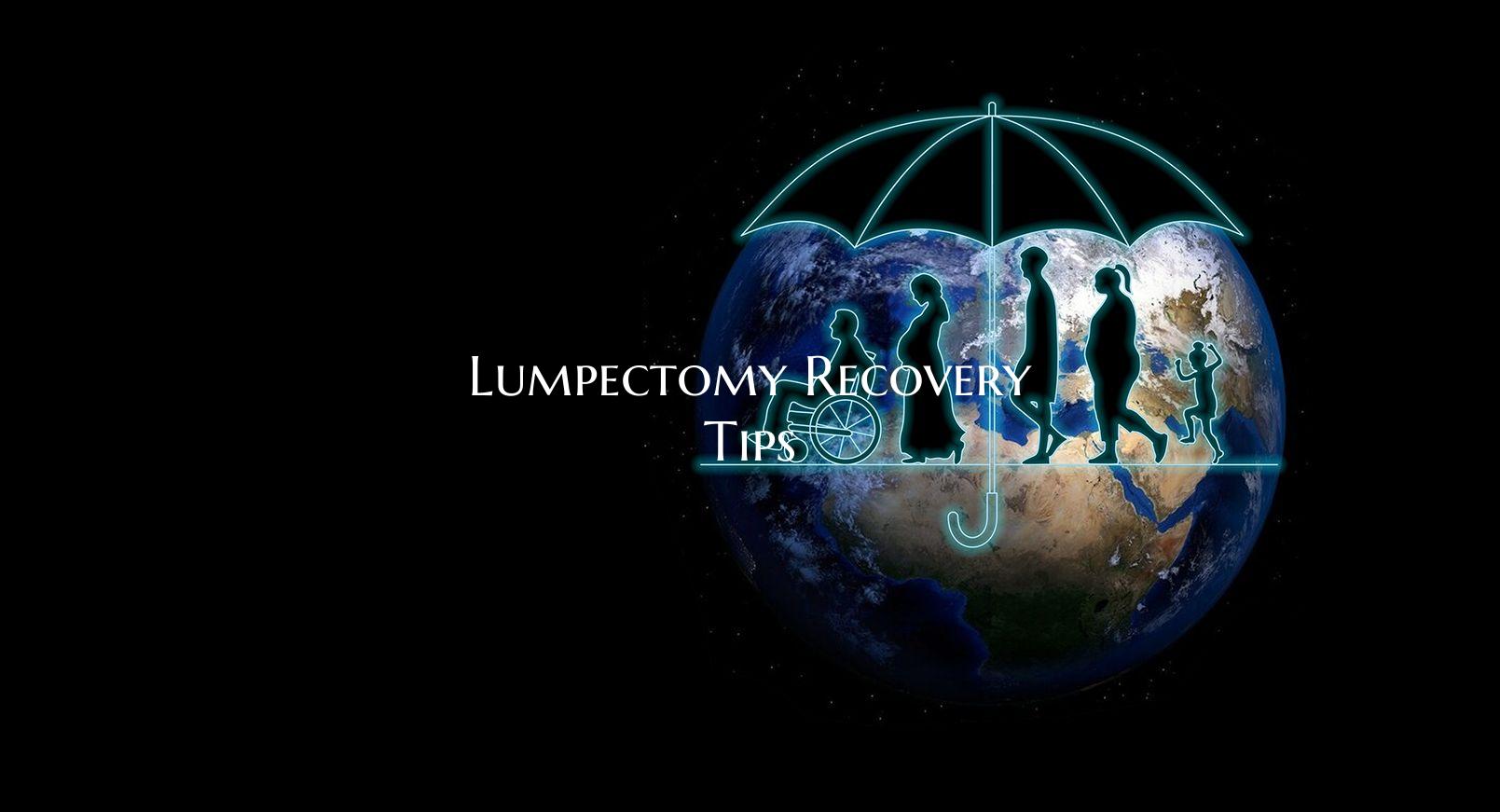
Lumpectomy Recovery Tips
After undergoing a lumpectomy, which is a surgical procedure to remove a cancerous lump from the breast while preserving as much healthy tissue as possible, it is important to focus on your recovery to ensure a smooth and speedy healing process. Here are some effective tips to help you recover comfortably after a lumpectomy:
1. Follow Your Doctor's Instructions: It is crucial to carefully follow the post-operative instructions provided by your medical team. This may include guidelines on wound care, medications, physical activity, and follow-up appointments. Adhering to these instructions can promote proper healing and reduce the risk of complications.
2. Manage Pain: It is normal to experience some pain and discomfort after a lumpectomy. Make sure to take any prescribed pain medications as directed by your healthcare provider. Additionally, applying ice packs or using over-the-counter pain relievers can help alleviate pain and swelling.
3. Rest and Allow Your Body to Heal: Get plenty of rest and avoid strenuous activities that may strain the surgical site. Listen to your body and give yourself time to recover. Adequate rest can aid in the healing process and promote overall wellbeing.
4. Eat a Healthy Diet: Eating a nutritious diet rich in fruits, vegetables, lean proteins, and whole grains can support your recovery by providing essential nutrients that promote healing and boost your immune system. Stay hydrated and avoid excessive consumption of processed foods and sugary drinks.
5. Gentle Exercise: Engaging in light physical activities, such as short walks or gentle stretching exercises, can help improve circulation, reduce stiffness, and enhance your overall well-being. However, it is important to avoid vigorous exercise or heavy lifting until you receive clearance from your healthcare provider.
6. Emotional Support: Coping with the emotional impact of a lumpectomy and a cancer diagnosis can be challenging. Seek support from loved ones, join a support group, or consider talking to a mental health professional to help you navigate your emotions and maintain a positive outlook during recovery.
7. Monitor Your Wound: Keep a close eye on the surgical site for any signs of infection, such as increased redness, swelling, or drainage. Follow the wound care instructions provided by your healthcare provider and contact them if you notice any concerning changes.
8. Stay Positive and Practice Self-Care: Recovery from a lumpectomy can be a journey that requires patience and self-care. Take time to do activities that bring you joy, practice relaxation techniques such as deep breathing or meditation, and focus on your mental and emotional well-being.
Remember that every individual's recovery process may vary, so it is important to communicate openly with your healthcare team and address any concerns or questions you may have during the recovery period. By following these tips and taking care of yourself, you can support a successful recovery after a lumpectomy.